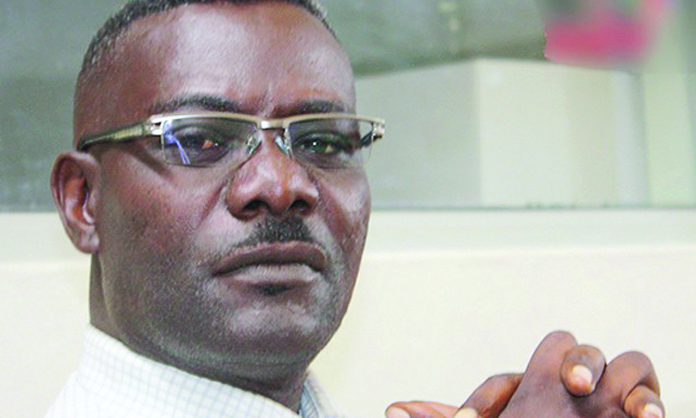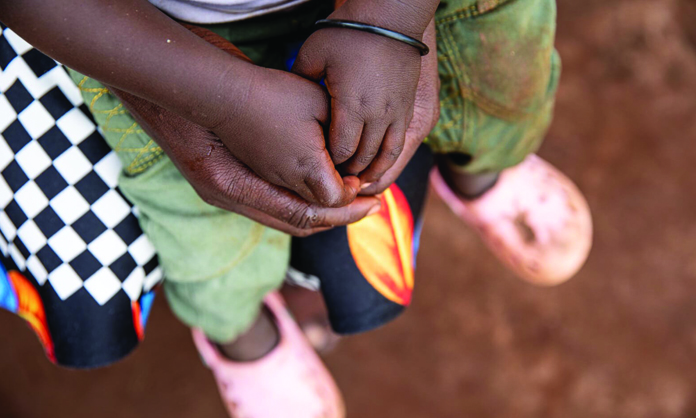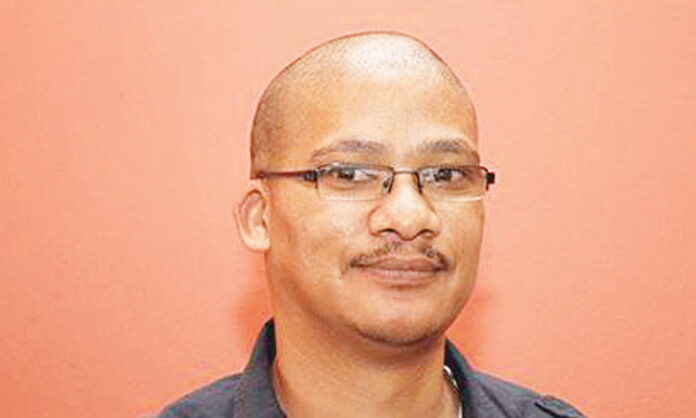The Council of Churches in Namibia (CCN) has called on participants at the two-day alternative mining indaba currently being held in Windhoek to find answers to concerns that the country is rich in natural resources with a small population, yet still fails to provide quality and dignified livelihoods to its citizens.
The call was made by CCN executive committee chairperson pastor Ferdinand Otto at the opening of the two-day conference yesterday.
Otto said Namibia is rich in natural resources “but the government is failing to provide enough resources to our people”.
He said at the moment, Namibia is the second most unequal country in the world, after South Africa.
Otto said the CCN advocates justice, fundamental human rights and equality for all.
He said the CCN, both before and after independence, fought for the socio-economic advancement of marginalised communities.
However, he added that a few years ago the church fell silent on these issues, and since then community members have been questioning why the church is quiet as Namibians face a number socio-economic challenges, despite the country’s rich natural resources.
Mandla Rabebe from the Economic Justice Network of the Fellowship of Christian Councils in Southern Africa (Foccisa) said the organisation was mainly established to fight inequality and injustice against marginalised people in southern Africa.
Rabebe said many marginalised people in southern Africa live in rural areas, thus it is imperative to quantify the challenges they face.
He said mining and the extractive industry is a lucrative business.
“It pushes development, but it also has a brutal confrontation on the marginalised. People are disposed of land for mining purposes,” said Rabebe.
He added that it is imperative that questions are asked as to how revenue from mining and extractive activities are shared with the communities where mining activities take place.
“It is our belief that the earth belongs to God and we have to pass it to the next generations. Natural resources should be used sustainably,” said Rabebe.
Friedrich Ebert Foundation (FES) country representative Freya Gruenhagen said the indaba is a welcome event for the organisation which advocates – democracy, solidarity and peace.
Gruenhagen said it is a fact that Namibia is rich in natural resources, ranging from oil, diamonds, gas and green hydrogen.
Southern Africa Regional Advocacy Programme of Norwegian Church Aid (NCA) programme manager Silje Magrete Ander said Namibia being endowed with many natural resources places the country on the path to prosperity.
These resources, she said, have the potential to drive economic development in Namibia.
However, she said, mining and extractive activities can also be harmful to the environment. She said communities where mining activities are taking place need to be involved in the activities.
The objectives of the indaba, among others, is to assess and analyse the performance and inputs from the mining and extractive industries in Namibia with regard to profits and revenue and to interrogate why the rich minerals have not been able to significantly address the socio-economic development challenges in the country.
The indaba was held under the theme ‘Increasing Benefits from Mining and Extractive Industries in Namibia to Leverage the Country’s Social Economic Development Challenges – Including Poverty, Unemployment and Inequality’.
Stay informed with The Namibian – your source for credible journalism. Get in-depth reporting and opinions for
only N$85 a month. Invest in journalism, invest in democracy –
Subscribe Now!






